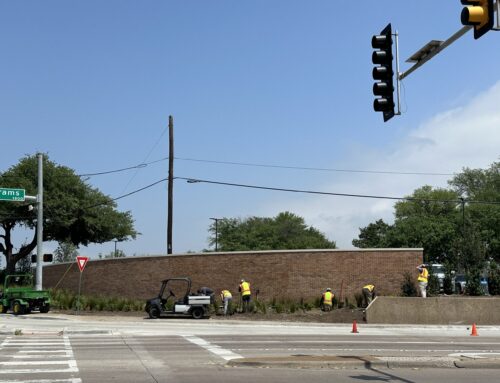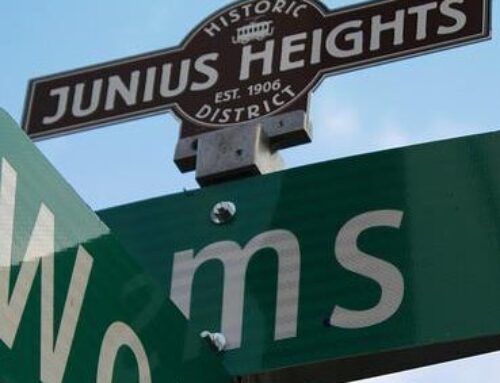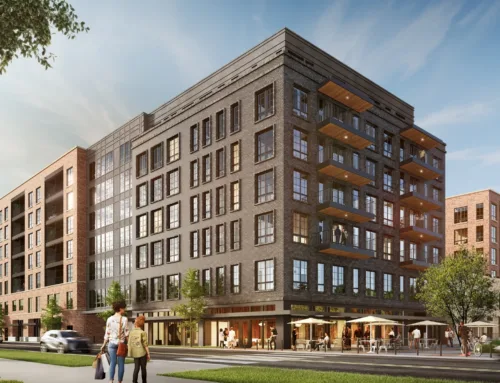A history-making era in Dallas politics ended last month when neighborhood resident Ron Kirk resigned his post as mayor after having served since May 1995.
Phil Gramm’s impending retirement from the U.S. Sentate, resulting in a rare open seat to be filled next year, presented Kirk with an opportunity that any ambitious and talented politician would have to consider. And that political skill, even more than his barrier-breaking election as Dallas’ first African-American mayor, was one of the things that stood out the most about Ron Kirk.
Since time immemorial, Dallas drew its mayors from a group of Anglo men who were prevailed upon, sometimes reluctantly, to cap off their resumes of business success and establishment-oriented good works by serving a stint as mayor. Seeing these guys in council meetings, or worse yet in citizen forums, you sometimes got that feeling that they’d rather be off having a root canal done.
Kirk, on the other hand, actually looked like he enjoyed the job. Other than a brief interlude with Wes Wise in the ’70s, the first person to break this mold was Annette Strauss, who drew on support form minorities, art supporters, political activists and some in the business community to put together the most diverse coalition yet to elect a mayor. Fast forward to 1995, when the council had acquired a very negative and disreputable image. Meetings frequently erupted into shouting matches, grandstanding, and street theater, with other cities rumored to be using some of the juicier video footage to compete with us for business.
Since his election as mayor, you get the sense that many more of the city’s people came to feel that they had a reasonable amount of political influence at City Hall, thanks also to the advent of the 14-1 council system. High turnouts in South Dallas, which pushed the Trinity River project and Arena votes over the top, underlined the new political reality in Dallas.
Most of all, Kirk had a real talent for using carrots and a few sticks to build a working coalition on the council and for making his position into a bully pulpit, inside City Hall and out, to unify and advocate for the city. Under our council-manager form of city government, the mayor doesn’t have much more formal power than the other council members, but Kirk accrued more power thanks to his political skill and force of personality.
All in all, Ron Kirk was a very politically skillful, in the best sense, mayor of Dallas who will leave a legacy of downtown and inner city neighborhoods beginning to come back, other big projects set in motion for the future, a more cohesive and effective council, and most of all a more united, more open and more progressive city than at the beginning of his tenure.





